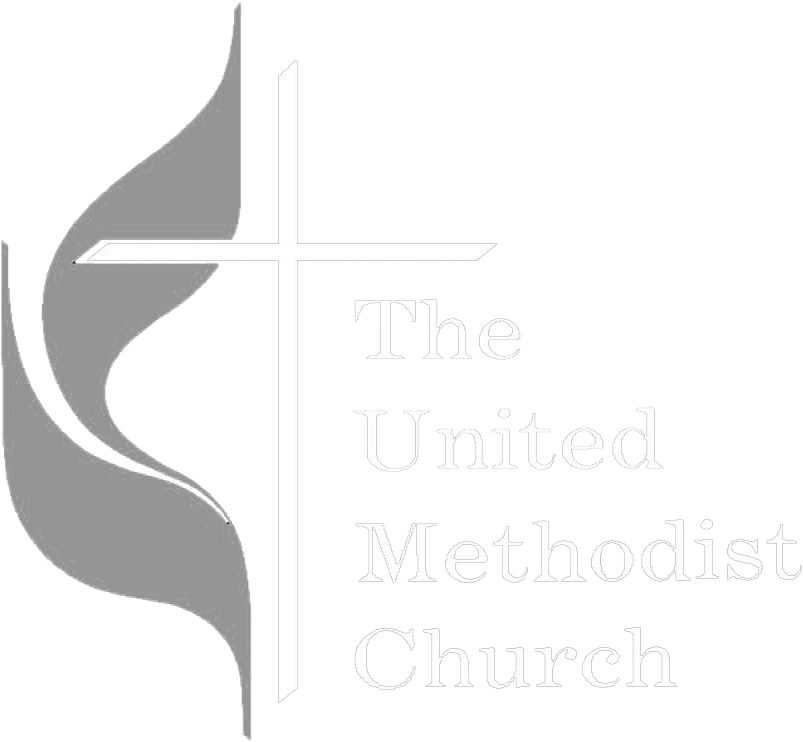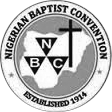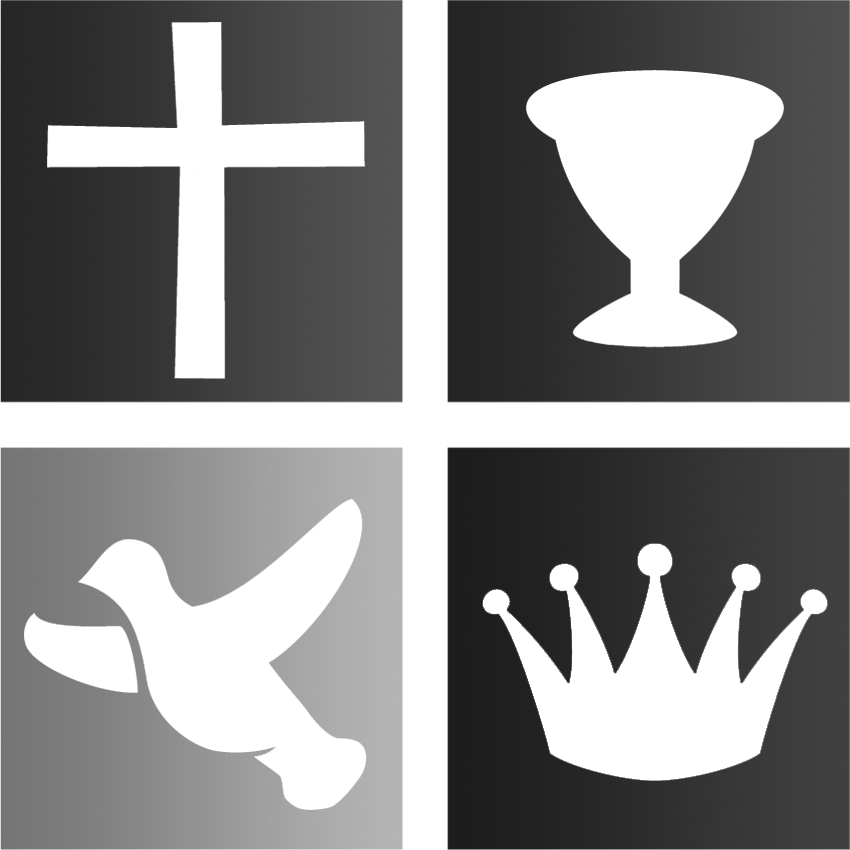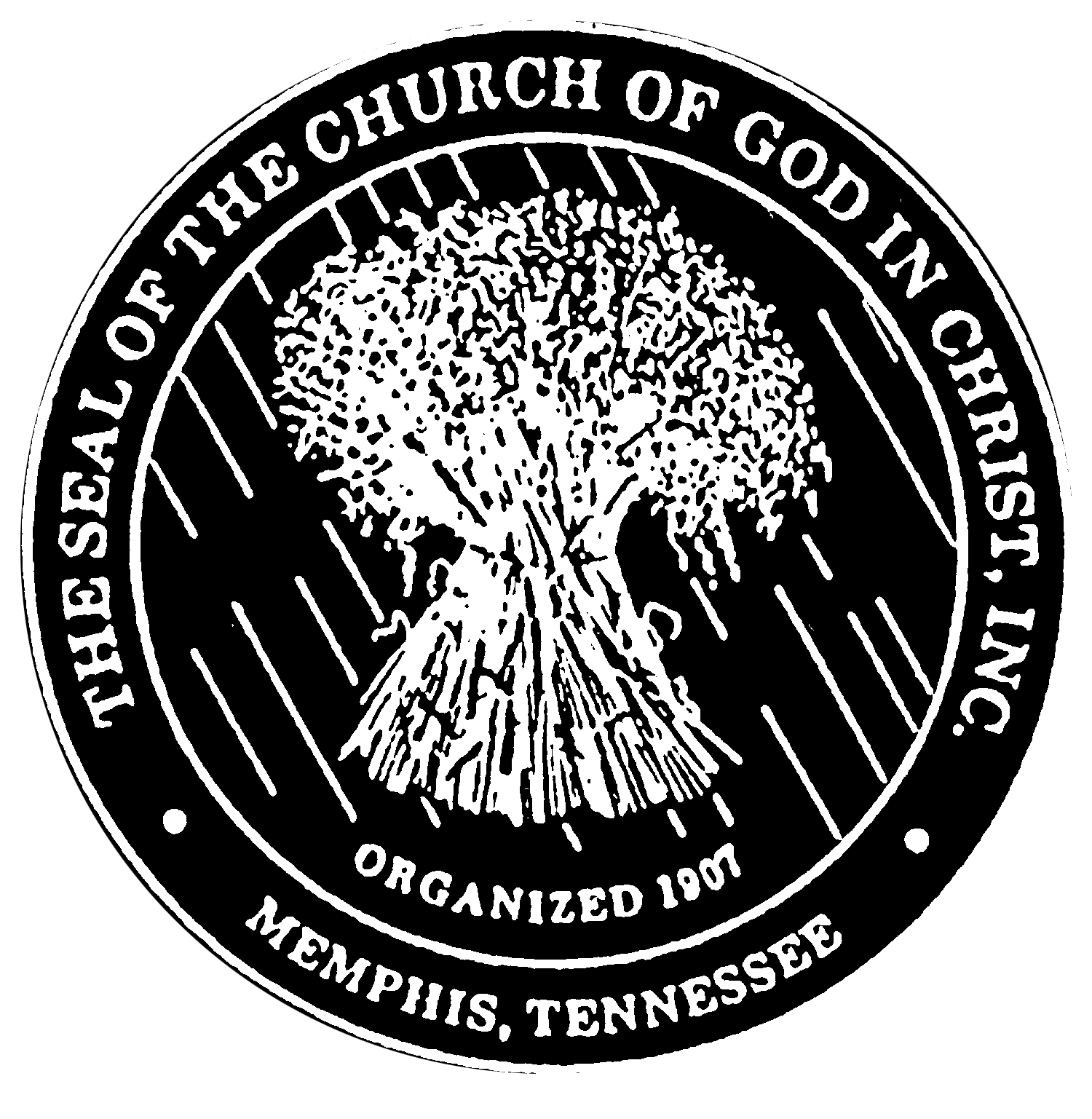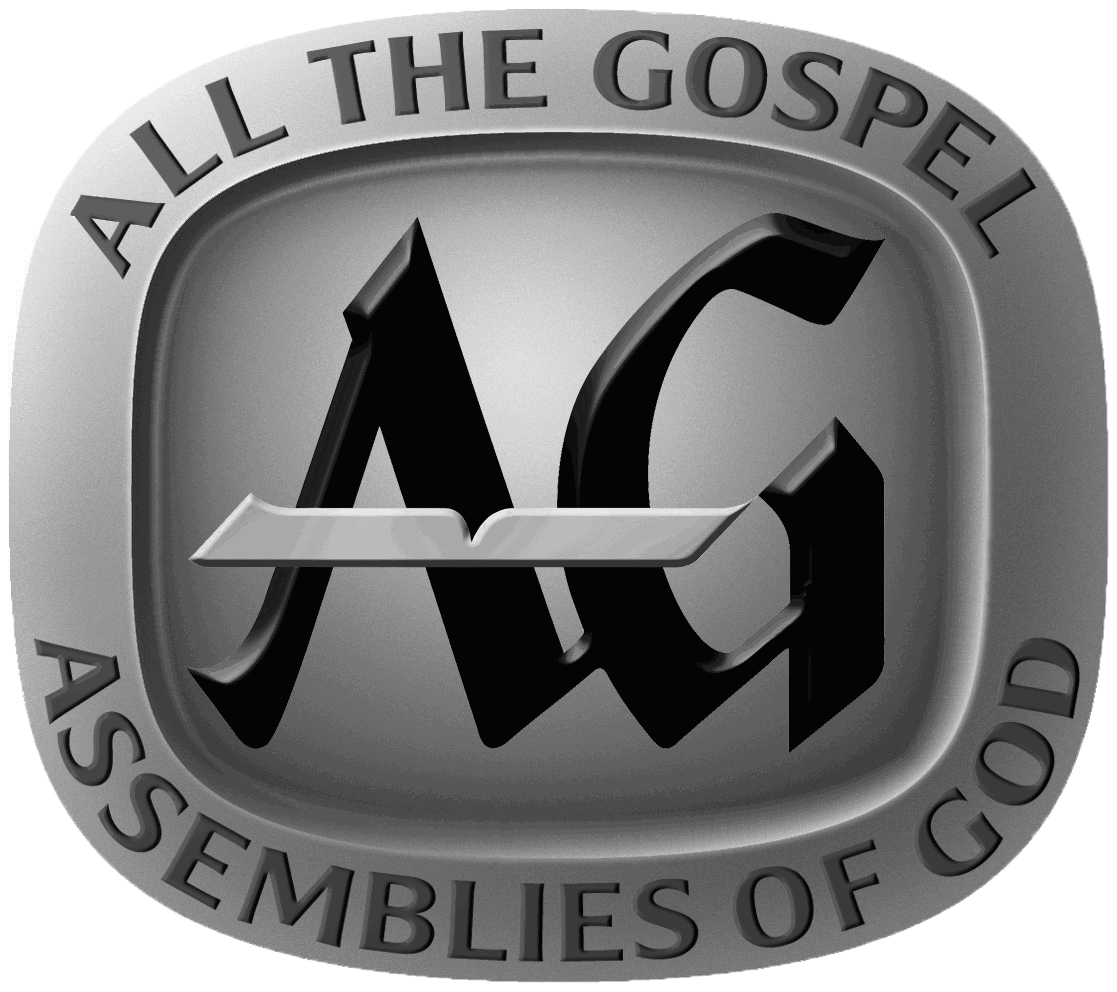The First World Missions Church: Acts Series #26
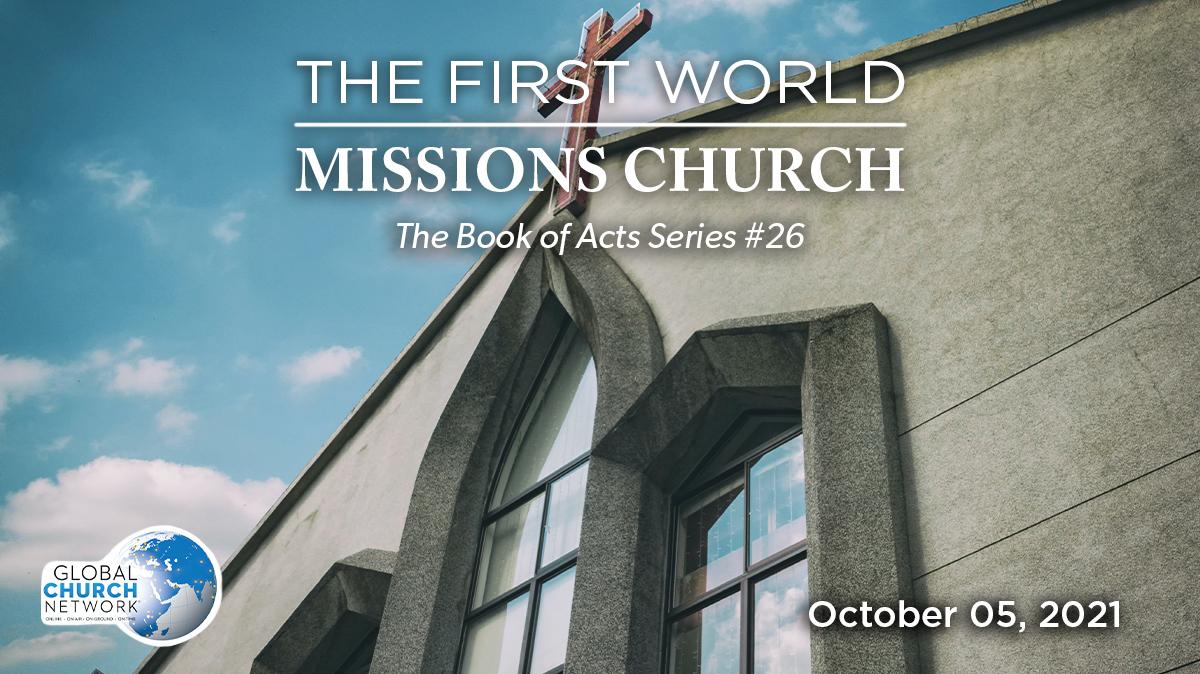
 Excitement fills the air at the Great Commission Church of Antioch. Paul and Barnabas, the first missionaries, have just returned from their evangelism journey. The Antioch church has been called together to hear about their ministry. This powerful church had a world mission’s heart. In Acts 14:27 it says that they gathered the church together and they heard the report by Paul and Barnabas.
Excitement fills the air at the Great Commission Church of Antioch. Paul and Barnabas, the first missionaries, have just returned from their evangelism journey. The Antioch church has been called together to hear about their ministry. This powerful church had a world mission’s heart. In Acts 14:27 it says that they gathered the church together and they heard the report by Paul and Barnabas.
What kind of report would it have been? What would they have said? Imagine yourself being a part of this mission’s service. What a service it must have been. The word got out and the place was packed with people. The singing was electric. The choir had never been better. Prayers were filled with praises and hallelujahs.
Then, the apostle Paul stood to speak. There was a hush in the audience. What was Paul going to say? Was he going to give a report and give all of the numbers and all of the statistics of what has been done?
There are two phrases in Acts 14:27, which immediately catch our attention. One of them is “they rehearsed all that God had done with them.” Notice they talk about what God had done with them. They recognize that it is God who did everything that was done. Anything we do for the Lord, we should never forget that God did it through us. Remember that it is Jesus Christ who gives you the power and the ability to serve Him and to be an effective witness for Him.
The second phrase is also interesting. It says—and “how He has opened the door of faith unto the Gentiles.” We do know that Paul was a missionary. He was a missionary in the sense that God gave him a worldwide ministry. He went to many countries of the earth and told the good news of the Lord Jesus Christ. He was a missionary also in a special sense in that God was going to use him to open the door of faith for the Gentiles. Going forward, not only his own people, the Jews, but also the peoples of the world could hear the good news of the Lord Jesus Christ. Thus, Paul stood and talked about how God opened the door of faith to the Gentiles.
Furthermore, there is also a real biblical sense in which all Christians are missionaries. The word, missionary, simply means a “sent one.” In that sense all of us are missionaries. God sends us wherever we may be to be good witnesses for the Lord Jesus Christ and with the help of the Lord to open doors of faith for people to come to know Christ as their Savior.
You can almost see Paul standing there that night as he speaks to the people. There are probably scars on his face, but there is a heavenly gleam in his eyes as he begins to tell them about the journey in which God opened doors of faith for those who were Gentiles.
I have often wondered what Paul might have said. I would like to use sanctified imagination and suggest to you some of the things I think Paul might very well have said as we teach through Acts 14.
I. Jesus Is Shared: The Work of Communication
 Paul and Barnabas did the work of communication. In Acts 14:1, we note “and it came to pass in Iconium.” In Acts 14:8, we read, “there sat a certain man at Lystra.” There are two cities in these opening verses of the chapter where we need to focus our attention. Jesus was shared in those cities. The work of communication was carried on everywhere Paul and Barnabas traveled.
Paul and Barnabas did the work of communication. In Acts 14:1, we note “and it came to pass in Iconium.” In Acts 14:8, we read, “there sat a certain man at Lystra.” There are two cities in these opening verses of the chapter where we need to focus our attention. Jesus was shared in those cities. The work of communication was carried on everywhere Paul and Barnabas traveled.
In verse one, we read, “And it came to pass in Iconium, that they went both together into the synagogue of the Jews, and so spoke, that a great multitude both of the Jews and also of the Greeks believed.” In verse nine, we read, “The same heard Paul speak.” The words are identical words. It is a word that has to do with just normal conversation. It is a word that has to do with just communicating, talking to other people.
You are going to find that in these two cities that even though the message may start from a different place, the message will end up at the same place. Paul starts where the people are and then he moves to Jesus Christ. The starting point may be a different place, but the finishing point is always the same. It is always the Lord Jesus Christ. It is a very helpful lesson for us to learn as we share the Lord Jesus with others.
When you read these opening verses in chapter fourteen, you will see what happened in the city of Iconium. Paul talked about Jesus in the synagogue (Acts 14:1). He talked about Jesus in the synagogue first. That was always his pattern when he went to a city if there was a synagogue there. He would go there and share the message of the Lord Jesus Christ. A pattern begins to emerge here.
Paul delivered his message in such a fashion that people believed and were saved. That’s why gospel preaching, and witnessing is a form of communication which is unique on the earth. There is something different about our speaking when we are sharing about the Lord Jesus Christ. In I Thessalonians 1:5, we read, “For our gospel came not unto you in word only–Not just normal communication–But also in power and in the Holy Spirit.”
Every time a preacher stands to preach, every time a faithful Christian begins to communicate with others as a gospel witness, there is an added ingredient to communication which is powerful. This unique communication contains the ingredient of the anointing and power of the Holy Spirit. When I stand to speak, as I have done nearly 10,000 times, I stand in the confidence that God is going to do a work in the hearts of people.
In Acts 14:2, the same pattern emerges that we have seen through the book of Acts. There is now opposition. We are told that they stirred up the Gentiles and poisoned their minds against the brethren. Never forget it: there is spiritual warfare when we communicate the Gospel to others. Just as evening follows morning, opposition follows opportunity. When people are being saved, the devil doesn’t take that lightly. The devil doesn’t like it when people get saved. He doesn’t like people being snatched from his kingdom. It upsets him when people’s lives are dramatically changed by the power of Jesus Christ. So, we see this division, this opposition that comes to pass.
 In Acts 14:4, we read that the multitude of the city was divided. Jesus Christ is always a divider. Jesus said one time, “he that is not with me is against me.” You are either FOR Jesus Christ or you are AGAINST Jesus Christ. Where do you stand?
In Acts 14:4, we read that the multitude of the city was divided. Jesus Christ is always a divider. Jesus said one time, “he that is not with me is against me.” You are either FOR Jesus Christ or you are AGAINST Jesus Christ. Where do you stand?
What kind of message did he preach? Where did he begin? We are not told specifically his message in chapter fourteen. But I think we can confidently say on the basis of chapter thirteen that he began in the Old Testament Scriptures. He was in a synagogue. The Scriptures were read that morning from the law and from the prophets. We can be confident that he communicated Jesus, starting with the Old Testament Scriptures.
You might say that Paul had a “church crowd” here. You might say he has some people who understood religious terminology. That’s why when I speak to a church crowd I start at one place and when I speak to a non-church crowd I start at another place. He must have started with Old Testament Scriptures and spoke to them about the things of God from there. There are certain terms and words and phrases that I use which are very familiar to “church people.” I talk about church, the Bible, Jesus and the new birth. That’s where I start. But I always end with Jesus.
By the way, does that not bring up a danger point to us today? Isn’t there the danger for those who live with so much Gospel available to them, that they can become gospel hardened? There is more opportunity in America for people to hear the good news about Jesus Christ than just about anywhere I know on the earth. There is hardly a time of the day when you cannot either turn on the radio or the television or pick up a gospel tract in an office and have the opportunity to hear about Jesus Christ. We must not become gospel hardened. Don’t ever get to the point that it doesn’t move your heart to think that God loves you so much He sent Jesus to die on the cross for you.
What did Paul communicate? He told the story in the synagogues and he started in the Old Testament Scriptures.
When the opposition arrived, they planned to stone the Apostle Paul. In Acts 14:5, we learn that Paul and Barnabas found out about it. In Acts 14:6, we learn they fled and went to the next cities. Our attention now turns to the city of Lystra in verse 8. In Lystra, there was a crippled person who was healed. A man was miraculously healed by the power of God. This miracle electrified those pagan people in the city of Lystra.
These pagan people said in verse eleven, “the gods are come down to us in the likeness of men.” Think about this for a moment” They decided who those gods were. Sounds much like today. In fact, we are told in verse twelve they called Barnabas, Jupiter. Jupiter is the god Zeus. Paul was called, Mercury. Mercury is the god Hermes. Jupiter was the chief of the gods. He’s the one who is depicted in mythology as sitting on a throne with a scepter and with thunderbolts. Mercury was the crazy guy who had on the hat and the wing shoes. He was the god of speech. There was a legend that these two very gods came to visit the city of Lystra and nobody would open up their home to them except one poor couple. These gods turned their little home into a temple and destroyed the rest of the homes that wouldn’t receive them.
Thus, these pagans in Lystra are not going to take any chances this time. If the gods have indeed come down, we are going to have a worship service. We are told in verse thirteen that the priest of Jupiter of the temple of Jupiter, comes out with cows and garlands with flowers. They are going to worship Paul and Barnabas.
Of course, Paul and Barnabas wouldn’t let that happen. They restrained people and before everything was over, look what happened in verse nineteen. We read, “But Jews came from Antioch and Iconium, and having won over the crowds, they stoned Paul and dragged him out of the city, supposing him to be dead.”
You are probably reading this book, in air conditioned or heated surroundings. You may have your Bible nearby. We read that Paul was stoned and usually keep reading, unmoved. You might pause a little and say to yourself, “Oh, Paul was stoned.” I want you to know that stoning was a horrible bloody deal. Can you hear the screaming of this mob? Can you hear the whizzing of the stones and the smacking of the stones against the body of Paul? The goal of stoning was not to hurt you or put one in the hospital. The goal was to kill you and leave you dead. The Bible says they supposed he had been dead. Paul would later say, “once I was stoned.” He was talking about this very experience right here. He also said one time, “I bear in my body the marks.” No doubt, he was referring to some of the marks and the scars of that stoning.
This may very well be the time when Paul had that vision recorded in II Corinthians 12 where the Bible says he was caught up into heaven and saw things not lawful for a man to utter. I personally believe he died, and God raised him from the dead. I want you to see how fickle these people were. This is the same crowd that one minute was hauling flowers and the next minute they were hurling stones.
 People are fickle, aren’t they? They can be for you today and against you tomorrow. You can go from hero to zero in a day’s time. Regarding the Lord Jesus Christ, the same crowd that said, “Crown Him,” just a few hours later were saying, “Crucify Him.” They went from “hail him” to “nail him” on the same day. People are fickle.
People are fickle, aren’t they? They can be for you today and against you tomorrow. You can go from hero to zero in a day’s time. Regarding the Lord Jesus Christ, the same crowd that said, “Crown Him,” just a few hours later were saying, “Crucify Him.” They went from “hail him” to “nail him” on the same day. People are fickle.
What did he preach in the streets of Lystra? This is a different setting. This is not a synagogue; not a church crowd. He’s preaching to some people in Lystra out in the streets who have pagan gods in their hearts and minds. We learn what Paul preached in verses fifteen and sixteen with these words: “Sirs, why do ye these things? We also are men of like passions with you, and preach unto you that ye should turn from these vanities unto the living God, which made heaven, and earth, and the sea, and all things that are therein. Who in times past suffered all nations to walk in their own ways, nevertheless, he left not himself without witness. In that he did good, and gave us rain from heaven, and fruitful seasons, filling our hearts with food and gladness?”
Do you see what Paul has done? He starts with those people right where they are. To the synagogue crowd, he started with Old Testament Scriptures. However, this crowd didn’t know anything about the Old Testament scriptures. So, Paul started right where they were. He talked about the vanities of the gods they were worshiping and the reality of the living God, the only God who is worth worshiping. He talks about the vanities. He used “vanities” to dismiss all those pagan gods.
Paul said, “turn from these vanities.” The word, vanities, means empties, turn from these nothings. People worship a lot of vanities today. People may not be as pagan in America as they were in the city of Lystra, but they are worshiping a lot of gods. I think about polytheism—many gods. We have a resurgence today of people worshiping many gods. More subtle in America is what I called materialism. That is the worship of the creation and the things of creation more than the one who created those things. People worship all kinds of vanities today. Then, there’s humanism—worship of self. The Bible says these are vanities. These are empties. These are nothings. By the way, you become like the gods you worship.
Man is incurably religious. That’s why there are so few Atheists in the world. Atheism is not natural to the human heart. Nobody is ever born an Atheist. Somebody has to teach a person to be an Atheist. Atheism is as foreign to the human heart as whistling is to a turtle. So, people are going to worship something, but the question is—who are you going to worship? The vanities? Paul said we should turn from these vanities unto the living God.
Where did he start with these pagan people? He started with the existence of God and the fact that the God who really lives, is the God who has created this universe. He started with creation. Creation is God’s Braille for a blind humanity. A person anywhere on the earth can walk out and look at the stars in the sky at night and know that there is a God somewhere who created that star. You don’t have to be a rocket scientist to understand creation.
In the beginning God created the heavens and the earth. That’s why the Bible begins that way. God’s starting point for the pagan mind is the existence of God and His creation of the universe.
I think about the vastness of creation. If you boarded one of these Amtrak trains and it traveled furiously, it would take you 48 million years to get to the nearest star in our universe. Our sun is only one out of twelve octillion suns we know about in the universe. That’s a 1 with 27 zeros after it. We know that these suns are all kinds of colors. Our sun is one color, but these suns are just all kinds of colors. When you look at suns in the telescope, it’s like glittering jewels on the black canopy of space.
I also think about the marvelous details of God’s creation. The smallest particle of matter in the universe is made on the same pattern and design of every other particle in the universe. When you look at God’s creation you see evidence of design, order, symmetry, and beauty.
What is God’s message? It is that God lives—that He exists. It is that God has created this universe. It is that God is good. When you woke up this morning, were you able to breathe in some air? God is good. When you sat down at your breakfast table today, were you able to consume some food? God is good. When you walked out of your house this morning, did you see the beauty of the sun and feel its warmth upon your body? God is good. You must have a God who is good. Because this is the kind of God we need.
What’s the message to the pagan mind? Turn from these vanities unto the living God. I Thessalonians 1:9 says, “how you turned to God from idols to serve the living and true God.” Turn to God. God’s message is—prepare to meet me. That’s the message of the Bible. Are you ready to meet this God? I don’t know when it’s going to be, I don’t know if it will be the next moment, I don’t know if it will be tomorrow, I don’t know if it will be next year, I don’t know if it will be ten years, I don’t know if it will be fifty years. But one of these days you are going to meet God. Prepare to meet thy God.
The rich man must meet Him, and the beggar man must meet Him. The scholar must meet him, and the illiterate man must meet him. I must meet Him, and you must meet Him. Are you ready to meet God?
II. Churches Are STARTED. The work of CONFIRMATION.
 In Acts 14:27, we read, “And when they had preached the gospel to that city (talking about Derby), and had taught many, they returned again to Lystra, and to Iconium, and Antioch.” Paul and Barnabas went out on the missionary journey doing the work of evangelism. On the way back, they did the work of confirmation. They were confirming the churches.
In Acts 14:27, we read, “And when they had preached the gospel to that city (talking about Derby), and had taught many, they returned again to Lystra, and to Iconium, and Antioch.” Paul and Barnabas went out on the missionary journey doing the work of evangelism. On the way back, they did the work of confirmation. They were confirming the churches.
In Acts 14:223, we learn, “And when they had ordained them elders in every church.” Where did those churches come from? Paul and Barnabas started those churches. That is what Christian missions are to do. Jesus gave us a Great Commission. In that Great Commission, He said go and make disciples, baptizing them. Then, He said teach them. We make disciples in local churches.
We thank God for all the numbers of people who are saved, although we really don’t know who is saved and who is not saved. Missionaries, since the very beginning of the missionary enterprise, have found that the key is the starting of churches. If you go to an area and preach, though you may have huge numbers of people making professions of faith, if churches aren’t started when you come back there, there is very little evidence that anything has been going on. God gave us churches.
Paul went back to these churches, encouraging these people (Acts 14:22). He went out doing evangelism, now he’s coming back confirming them, exhorting them, encouraging them to continue in the faith. That’s what the local church is all about.
That’s why church ought to be an encouraging place. There are times when we deal with serious themes and there are times when we deal with negative matters if we are faithful to Scripture. But one of the things you need when you come to church is some encouragement. We are living in a world that has so much discouragement. I want to get encouraged when I get to church. I want to be exhorted. The church is the place where we grow in the Lord.
Paul and Barnabas did the work of the organization. It says they ordained elders in every church, and they commended them to the Lord, on whom they had believed. One of the greatest ways to grow in the Christian life is to fall in love with Jesus. Do you love Jesus? Well, let me ask you a question? Do you read His Word? You will if you love Jesus. Do you talk to Him in prayer? You will if you love Jesus. Do you tell other people about Him? You will if you love Jesus.
We read in Acts 14:24, “and after they had passed throughout Pisidia.” Those cities were better off because a man named Paul passed through there. I think about John Wesley, the founder of the Methodist church. He preached the Gospel in English mining villages which were notorious for their sinful lifestyles and the filthiness of their towns. He went there and preached the Gospel of the Lord Jesus Christ, and it changed the people in their hearts. When you get changed on the inside, it’ll help change you on the outside. Later, a man named Cardinal Newman came to one of those English mining villages and he found it was clean. There were flowers planted everywhere. He asked a citizen of the village why it was so. The citizen said, “A few years ago there was a man named John Wesley who passed through this village.”
Do you see Paul and Barnabas going through the towns and villages? On their journey Jesus was shared. The work of communication. Churches were started. The work of confirmation.
III. People Are SAVED: The Work of Conversion
 Everywhere the gospel was preached, everywhere they went, people were saved. Do you know what it means to be saved? It means God opens the door. Sin closes the door. Sin excludes. Sin shuts you out. That’s why when the flood came the Bible says the door was shut. That’s why when Adam and Eve sinned in the garden they were expelled from the garden. Sin shuts you out. Sin shuts you out from everything that has meaning and purpose and beauty in life. Shuts you out from joy. Shuts you out from peace. Shuts you out from love. Shuts you out from fellowship. It shuts you out from God. Sin excludes. Salvation includes. Salvation opens the door.
Everywhere the gospel was preached, everywhere they went, people were saved. Do you know what it means to be saved? It means God opens the door. Sin closes the door. Sin excludes. Sin shuts you out. That’s why when the flood came the Bible says the door was shut. That’s why when Adam and Eve sinned in the garden they were expelled from the garden. Sin shuts you out. Sin shuts you out from everything that has meaning and purpose and beauty in life. Shuts you out from joy. Shuts you out from peace. Shuts you out from love. Shuts you out from fellowship. It shuts you out from God. Sin excludes. Salvation includes. Salvation opens the door.
When Jesus died on the cross the Bible says that the veil in the temple was ripped in two, from top to bottom. Because of the death of the Lord Jesus Christ salvation opens the door to the very presence of God. God opened the door. This is what God wants to do for you. He wants to open the door.
There’s a door that all of us need to open. In Rev. 3:20, Jesus says, “behold I stand at the door and knock.” If you do not know Jesus, down in your heart it’s like someone is knocking at your door. In Acts 16:14, we are told about a young business lady named Lydia. Paul was preaching and it says whose heart the Lord opened that she attended unto the things that were spoken by Paul. Do you want to open your heart?
The Lord has opened a large door for us. We need to step through this door through faith and communicate, confirm, and convert during this generation.















